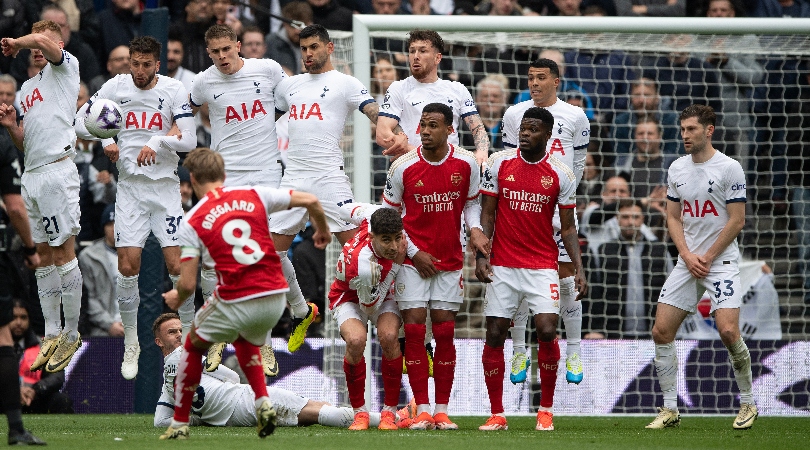‘Becoming Liverpool manager was a surprise. I loved that camaraderie in the dressing room - but suddenly, you become the manager and feel things clam up when you enter the room’ Kenny Dalglish on becoming Liverpool boss
Dalglish was appointed as the Reds player-manager in 1985
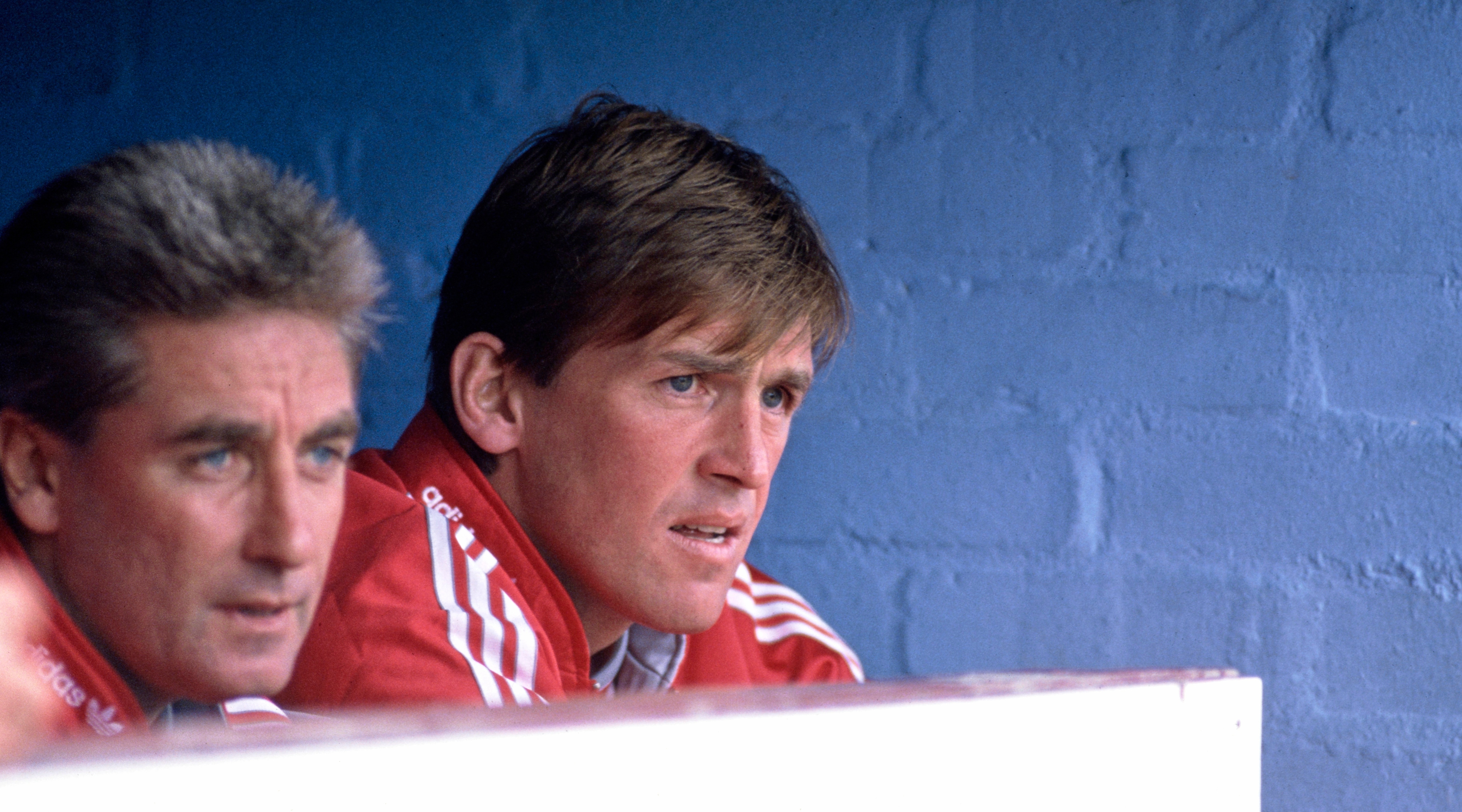
The best features, fun and footballing quizzes, straight to your inbox every week.
You are now subscribed
Your newsletter sign-up was successful
Want to add more newsletters?

Five times a week
FourFourTwo Daily
Fantastic football content straight to your inbox! From the latest transfer news, quizzes, videos, features and interviews with the biggest names in the game, plus lots more.

Once a week
...And it’s LIVE!
Sign up to our FREE live football newsletter, tracking all of the biggest games available to watch on the device of your choice. Never miss a kick-off!
Join the club
Get full access to premium articles, exclusive features and a growing list of member rewards.
In recent years, the player-manager role has become something of a relic in English football.
The modern-day structure of most clubs means that the thought of one individual being responsible for training the team, picking the team and then playing for the team is an alien concept for many.
But it wasn’t always that way. Back in the 1980s and 1990s, clubs were far more willing to let their leading stars double-up on their responsibilities - and sometimes it paid off handsomely.
Kenny Dalglish on becoming Liverpool boss
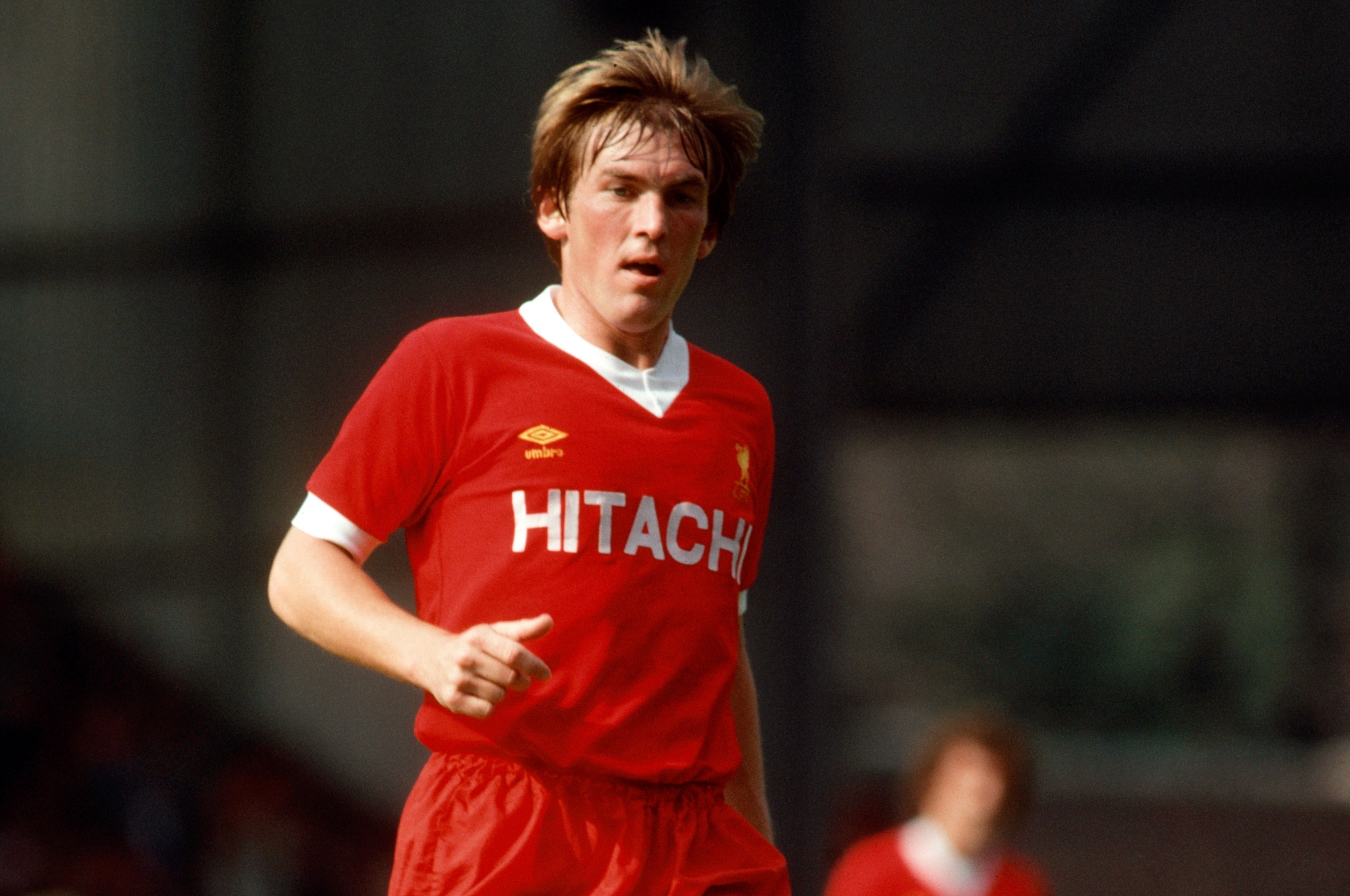
Perhaps English football’s greatest-ever example of a player-manager was Kenny Dalglish, who took over the Liverpool job as a 34-year-old in 1985 after Joe Fagan resigned following the Heysel Stadium disaster.
“Well, it was a surprise,” Dalglish recalls to FourFourTwo. “The way that I saw it, I was just going to give my best, and if my best transpired not to be good enough, then I’d hold my hands up and say, ‘This isn’t for me – it’s not fair on the club, so get somebody else in.’”
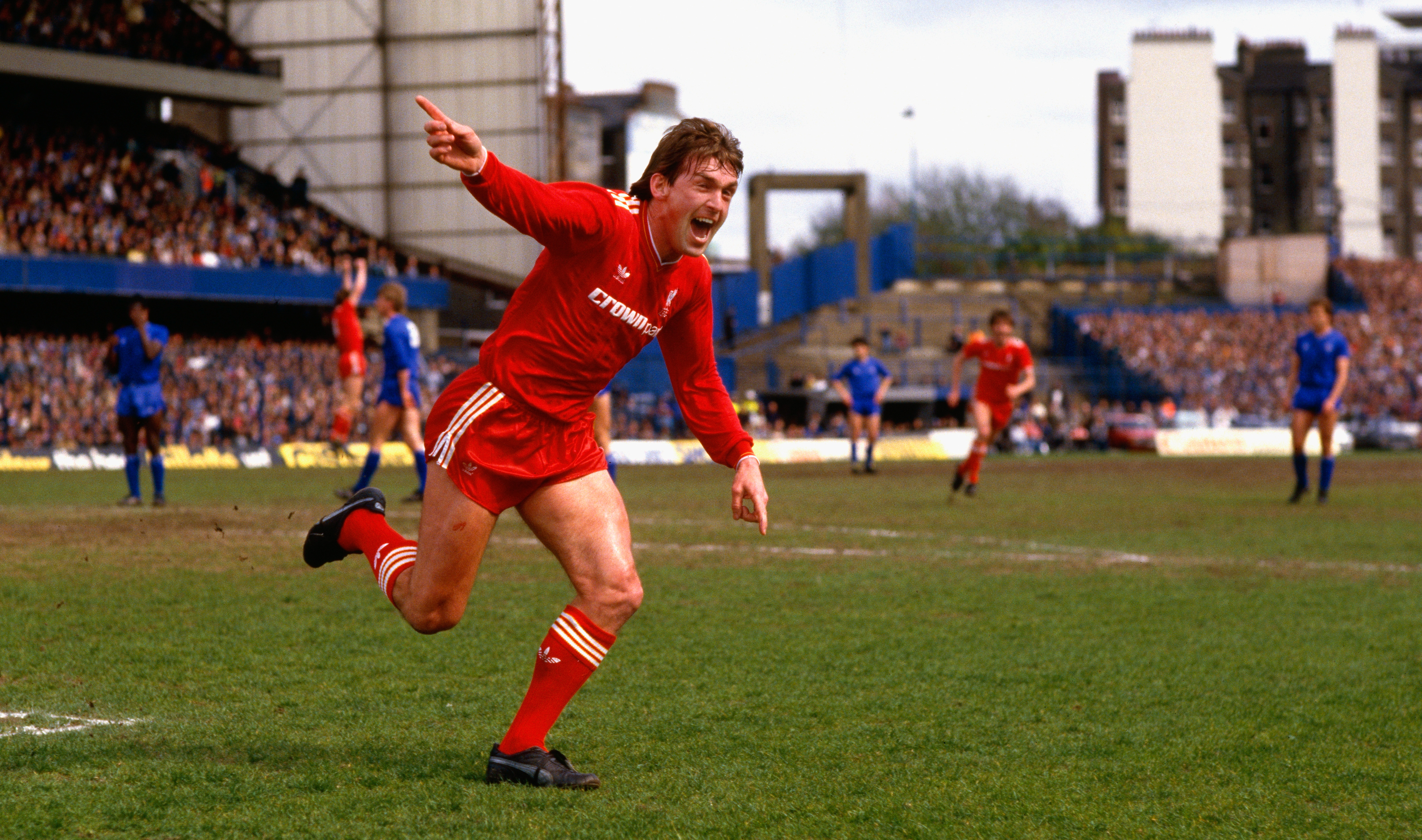
As he adjusted to his new role, Dalglish was reluctant to field himself and start just two of his side’s opening eight league games. “My biggest challenge, I found, was coming out of that dressing room dynamic I’d been a part of for so long and picking a team,” he says. “That meant leaving players out that you’d befriended. I hated making decisions that affected them adversely.”
Dalglish felt forced to create clearer boundaries with his players. “One of my favourite things about being a footballer was that camaraderie in the dressing room,” he explains.
The best features, fun and footballing quizzes, straight to your inbox every week.
“But suddenly, you become the manager and feel things clam up when you enter the room. If they were in there having a laugh and a joke when I walked in, I’d show them some respect and let them know that I’d be back in five minutes, because I knew how important it was for the lads to have that time together – sharing some jokes without the manager being about. But it was very tough not to feel a part of that any more.”
Luckily for Dalglish, he had the advice and influence of an old mentor to lean on. “Bob Paisley still held a position upstairs,” Dalglish says. “He was a great help to me. He’d sometimes ask me if he could have a word with so-and-so, before the game or whatever. I didn’t mind that, because he was 100 per cent behind me. He was doing things that were useful. He was helpful.”
Still undergoing a steep learning curve, the Scotsman’s side were sat eight points behind Everton with 11 games to go in his first season. Ahead of a home clash with QPR in March, Dalglish made a crucial decision. “We were struggling with injuries and form,” he says. “So I thought it was time I start picking myself. I didn’t have much choice in the matter, to be honest.”
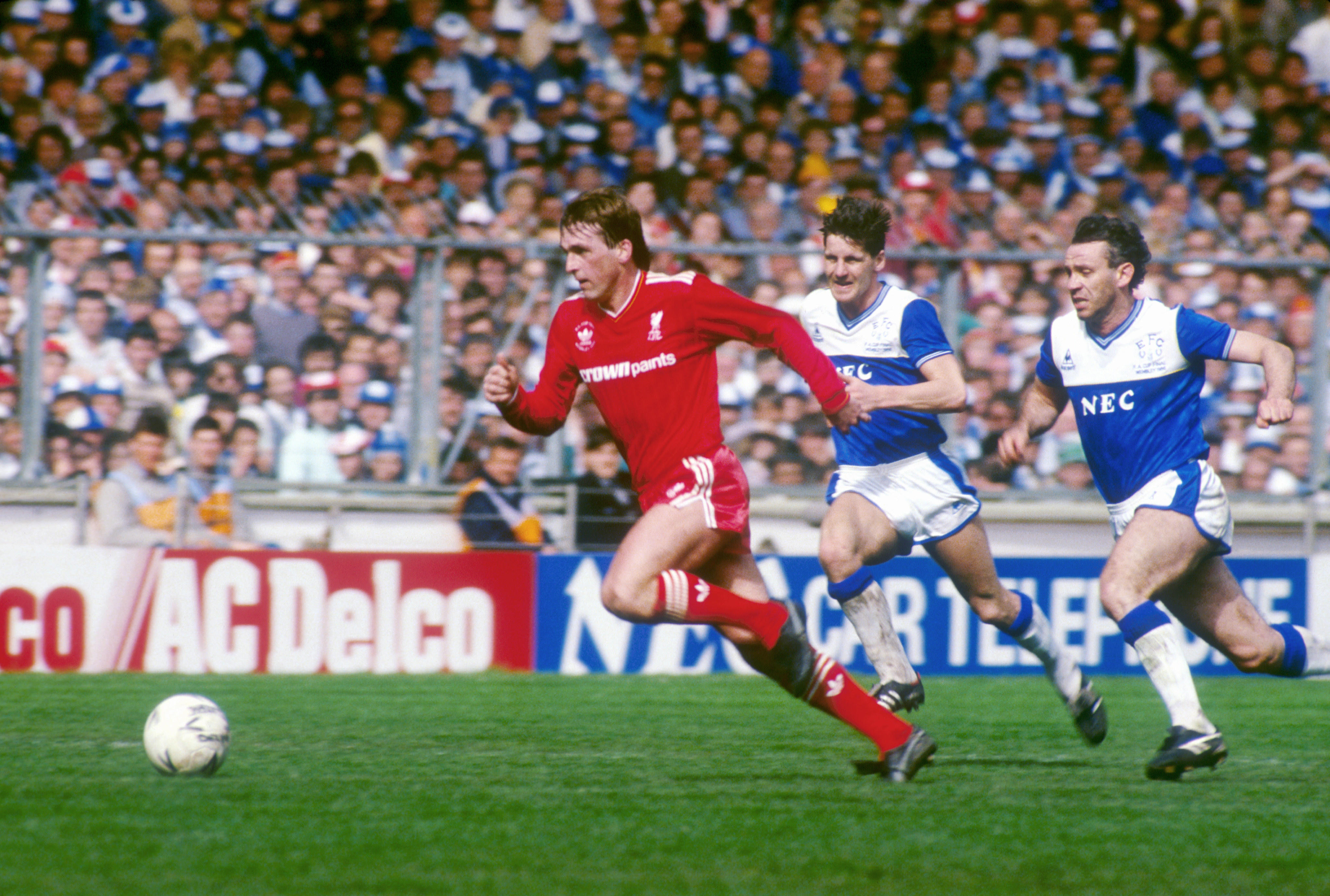
On the pitch, Dalglish would set up two as the Reds triumphed 4-1, before assisting three times in a 6-0 victory over Oxford. With Dalglish now a regular in the XI, Liverpool went unbeaten for the remainder of the season – drawing only once, when Dalglish didn’t play – to reel in Everton. It all came down to the last match of the campaign – victory away at Chelsea would see Liverpool crowned champions once again.
In one of those pitch-perfect narratives that the football gods serve up every so often, Dalglish netted a 23rd-minute winner at Stamford Bridge to deliver the title.
“I know that I made a contribution and I’m proud of that, but there were so many other people who were doing their bit, too,” he says, modest as ever. “Everyone played their part and that was how we were so successful.” A week on, Dalglish started himself again as Liverpool beat Everton in the FA Cup final.
Asif Kapadia’s documentary film Kenny Dalglish is now on Amazon Prime
For more than a decade, Joe Mewis has worked in football journalism as a reporter and editor. Mewis has had stints at Mirror Football and LeedsLive among others and worked at FourFourTwo throughout Euro 2024, reporting on the tournament. In addition to his journalist work, Mewis is also the author of four football history books that include times on Leeds United and the England national team. Now working as a digital marketing coordinator at Harrogate Town, too, Mewis counts some of his best career moments as being in the iconic Spygate press conference under Marcelo Bielsa and seeing his beloved Leeds lift the Championship trophy during lockdown.
- Ed McCambridgeStaff Writer
You must confirm your public display name before commenting
Please logout and then login again, you will then be prompted to enter your display name.
 Join The Club
Join The Club











